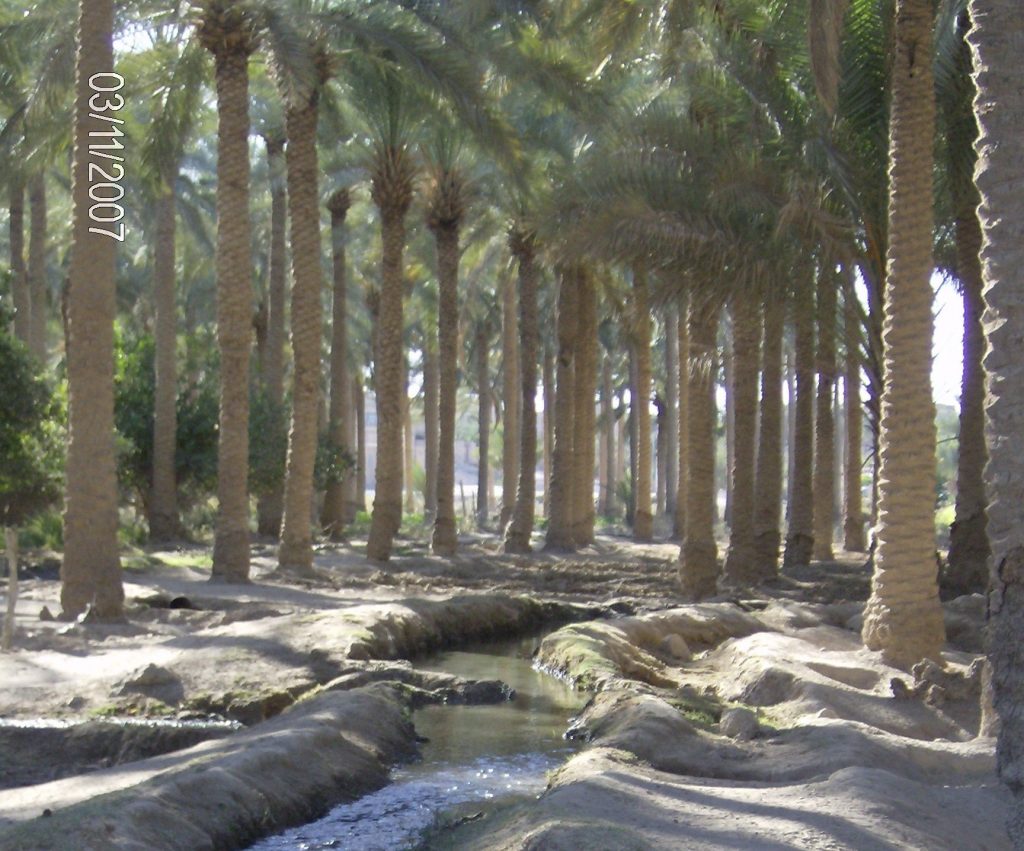Although I earn my money as an FSO, the thing I really like to do is grow trees. I am the communication director for the Tree Farm Committee at the Virginia Forestry Association. My main duties consist of writing articles for the magazine, “Virginia Forests”. I also get to interview the Virginia outstanding tree farmer of the year. Forestry is more an art than a science and I learn a lot from these masters of forestry that I can use on my own 178 acres in Brunswick County.
This is the last profile of the tree farmer of the year that I wrote. I am proud of the article and even prouder of the man I profiled, who has become a friend. His son made three acres of wildlife clover plots on my land.
The Tree Farm Committee was gracious enough to let me keep my position with them while I was away in Iraq and I am still writing articles. I hope to get home on R&R in the spring to interview this year’s Virginia tree farmer of the year. I did not write a blog post today, because I wrote an article for them. It also refers to Iraq and I include it below.
Forests in the Cradle of Civilization and the Old Dominion

As some of you know, I am writing this far from the forests of Virginia, as I am leading a Provincial Reconstruction Team embedded with the 2nd Marine Regimental Combat Team in Al Asad, Iraq.
People have been cultivating the soil of this part of the world for more than 6,000 years. Generations have prospered here, but they also made mistakes with their management of soil, water and vegetation. We can learn from both their success and mistakes. In this birthplace of civilization the principles of good stewardship of the land and what grows on it are very much on my mind.
There are well-managed forests here. Iraq cannot support the forests of loblolly pine, oak or tulip-poplar we see at home, but there are forests of date palms that have been cultivated for centuries. Our tree farm principles apply to them. The palms provide fruit in the form of dates, and their shade and the microclimates they foster create environments that protect water resources and help plant and animal communities prosper. Nearby, however, are barren regions where the soil has been destroyed by poor management, and not far away are examples of the disastrous results of forest exploitation. Hillsides once covered with cedars are now barren and rocky. Some of these trees went to built Solomon’s Temple or ships for the Pharaohs, but many of these forests were not managed sustainably; they were not managed at all, and now they are no more.
With its ample rainfall and moderate climate, Virginia is a much more forgiving environment. Our forests will regenerate if given even a small chance. In fact, we see the regeneration all around us. Many of our forests have been harvested and regenerated many times, but that blessing does not mean that good forest management is not essential. In Virginia, we have the luxury of not asking IF the forest will regenerate, but rather, how long before it is again productive and what sort of forest it will be? How well will management practices preserve the soil? Will the waters flowing through the forest be cleaned by the sojourn or filled with silt and pollution from a poorly managed land? What is the quality of recreation the land supports? Can wildlife flourish? These are the questions a tree farmer asks — and a good tree farmer is proud of the answers.
Some of the lessons of tree farming might well apply in Iraq. Most Virginia tree farmers are relatively small landowners. They love their land, and that informs the management decisions they make about its future. Here in Iraq it is often unclear who owns a piece of land. Tribal, private, family and governmental claims overlap and various assets are divided. A person may own the palms, but not the land. Somebody else owns the water. One person can graze sheep; another can plant crops. It is a type of ossified adhocracy. You can understand the logic in each individual aspect, but together they form a heavy burden.
Those of us who own land in Virginia do not realize how lucky we are to have a clear system of land ownership. It is hard to be a good steward of land when you cannot make decisions about it. We are proud and thankful for the good decisions made by those who cared for the forests before us, and resolved to do our part for the future, so that Virginia will be now and forever a place of healthy and productive forests.
